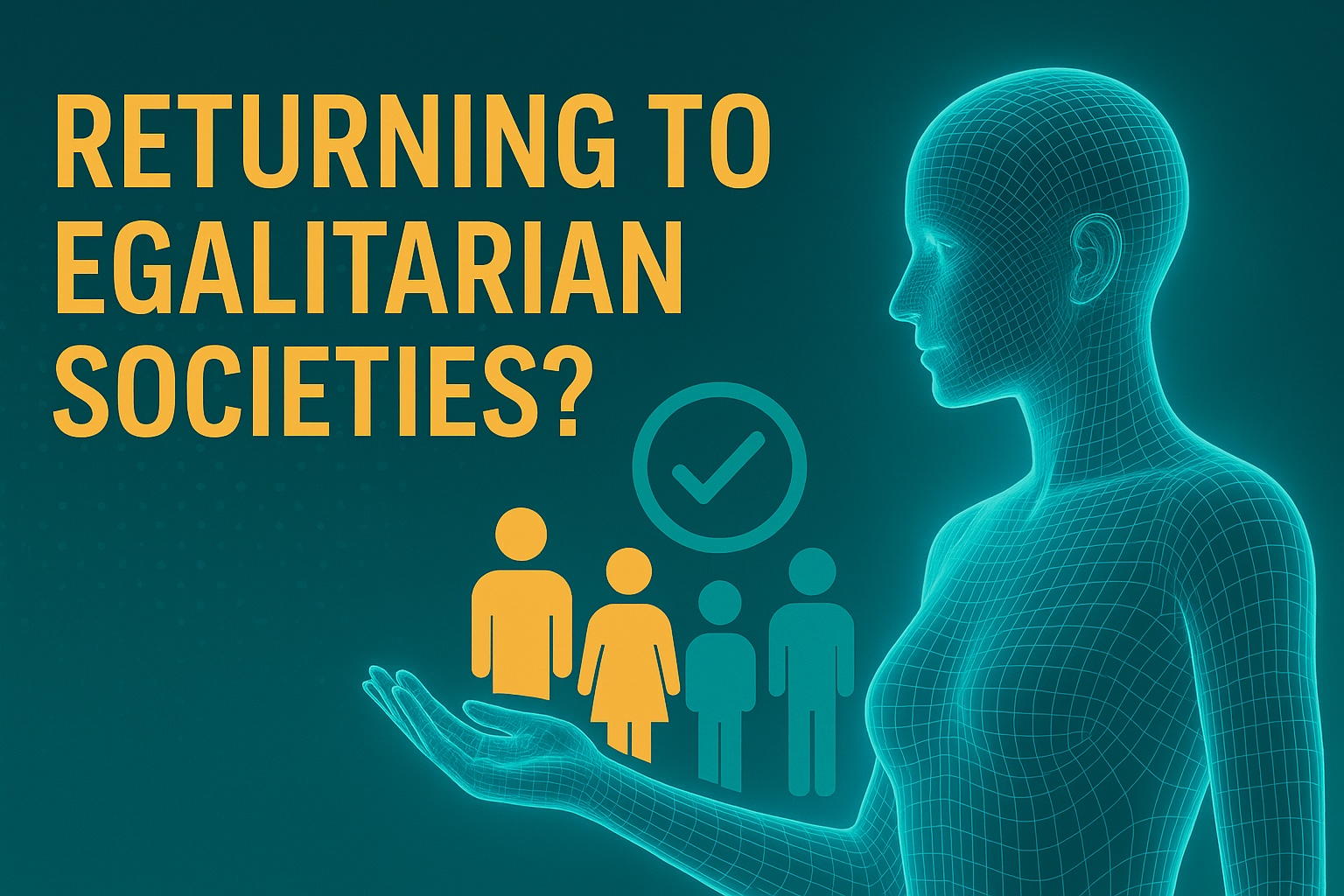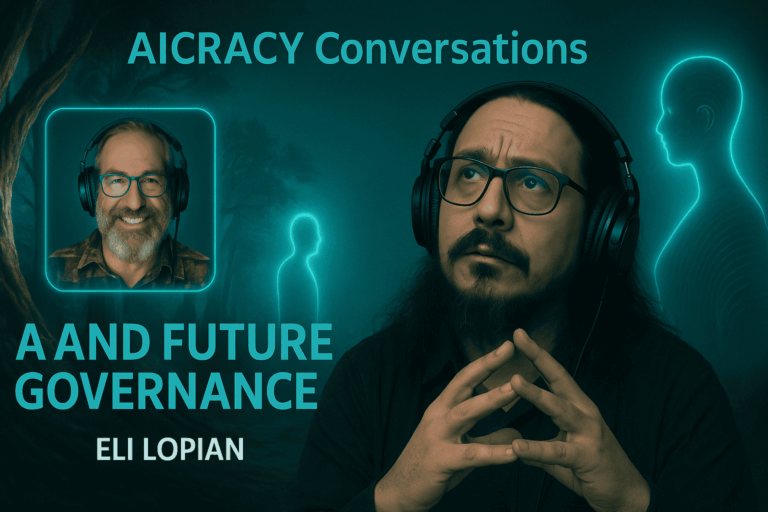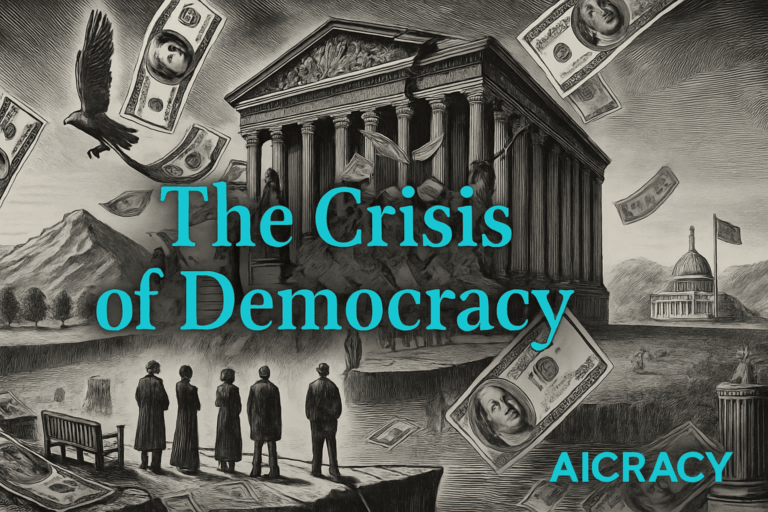During a recent conversation with Marco Ciappelli on the Redefining Society and Technology Podcast, I reflected on one of my core goals: using AIcracy Egalitarian Societies as a framework to bring fairness and cooperation back into modern governance.
Learning from Egalitarian Societies
Egalitarian societies were built on fairness, rhythm, and cooperation. Power was distributed, not concentrated. Every voice mattered, and decisions were taken with the health of the whole community in mind.
Today, our democracies often lack that rhythm. Short election cycles and endless polarization drive short-term thinking instead of collective progress. This is where the concept of AIcracy Egalitarian Societies can inspire a better model.
How AIcracy Brings Back Fairness
In AIcracy: Beyond Democracy, I propose a system rooted in egalitarian principles but powered by technology:
- Any person can promote a law they believe is fair.
- Votes on policies occur every few years, not every news cycle.
- A decade goal is set once every ten years, creating long-term alignment.
This rhythmic cycle mirrors the stability of egalitarian societies while scaling to the complexity of the modern world.
Technology as a Fairness Amplifier
AI doesn’t replace human judgment. Instead, it supports AIcracy Egalitarian Societies by:
- Ensuring every proposal is transparent and explainable.
- Simulating long-term policy impacts.
- Making collective decisions traceable and fair.
With AI as a guide, governance can regain the fairness and rhythm that egalitarian societies once thrived on.
A Rhythm for the Future
As Marco reminded me, governance should feel like a heartbeat—steady, fair, and cooperative. By embedding the principles of AIcracy Egalitarian Societies, we can build a system where fairness is not an afterthought but the foundation.
Because democracy was the best system we had. Now, it’s time for something more human—and more fair.
Read More
👉 AIcracy: Beyond Democracy – the blueprint for algorithmic governance rooted in fairness.



